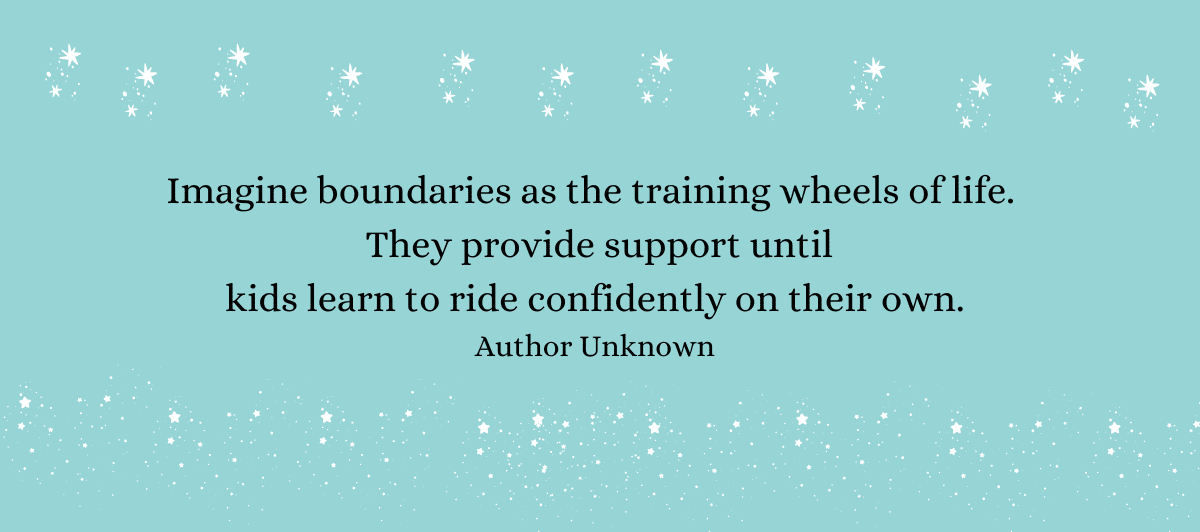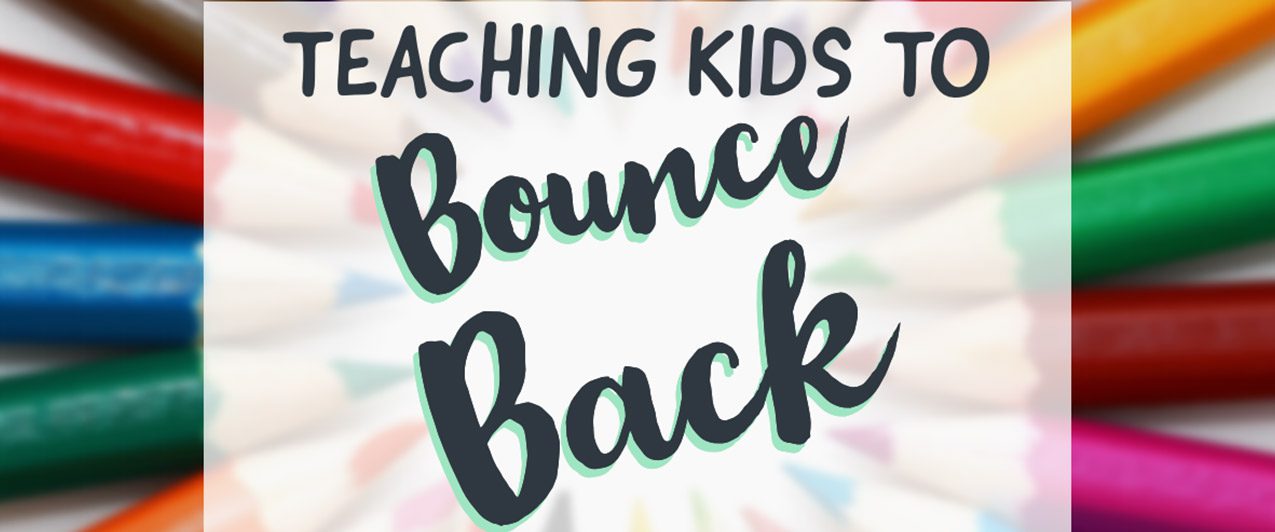
Parenting with Love Through Life’s Boundaries
In our ongoing endeavour to establish healthy boundaries that nurture the mental and emotional well-being of our children, there are three challenges that often come up to test our efforts:
1. Desire to be liked: You may worry your children won’t like you when enforcing boundaries and consequences. While it isn’t pleasant to hear your child yelling, ‘I don’t like you’, it doesn’t mean they don’t. What they are really saying is, ‘I don’t like your boundaries. I don’t like your consequences.’ Understanding this, helps you respond with the intent of encouraging growth rather than reacting solely from the emotions you may be triggered to feel, like anger or guilt.
2. Remembering when you were a kid: You may find yourself thinking, ‘I know what it’s like to feel disappointment and I don’t want that for my child.’ Attempting to protect them from disappointment is not in their best interest. We want kids to grow into adults that know how to manage emotions like disappointment rather than avoiding them.
3. Wanting them to make their own choices: While it’s important to encourage independence and decision-making skills, many parents make the mistake of thinking their child has the logic and reasoning of an adult and will naturally make the responsible choices (I have had those moments). Unfortunately, our children don’t have the life experiences to pull from, nor the maturity to know what might be in their best interest.
Strategies to Establish Healthy Boundaries
1. Clarity on your boundaries: Knowing what boundaries and consequences work best for your child ahead of time will stop you from making a decision in the heat of the moment – one you may later regret. Plus, letting your child know the expectation ahead of time gives them clarity and awareness.
2. Be their parent: Growing up, when I would push back on my mom’s boundaries, she would say, ‘I’m your parent and I have a job to do.’ This mindset allowed her to enforce the structure that I needed, even when I didn’t know that’s what I needed. She didn’t allow my disappointment to become her guilt. Remain sturdy. Remember you are arming your child with important life skills.
3. Stay consistent: Children thrive on consistency, and it helps them understand the boundaries that are in place. Of course, there will be times when you will fall off track, but be honest with your kids by saying, ‘I haven’t followed through with what we talked about and that’s on me. Moving forward my expectations are…(fill in the blank)’. Your kids will appreciate your honesty.
4. Preventing entitlement: Establishing clear boundaries helps prevent a sense of entitlement. When kids understand that there are limits to their wants and behaviours, they learn the valuable lesson that the world doesn’t always cater to their every wish. This realization fosters a more realistic and appreciative perspective, reducing the likelihood of entitlement.
This is What I Know: When your child pushes back – that’s their job – your role is to maintain a healthy boundary. By staying steadfast, they will learn to cope with disappointment, frustration and setbacks, essential for bouncing back from life’s challenges.
Until next time,



